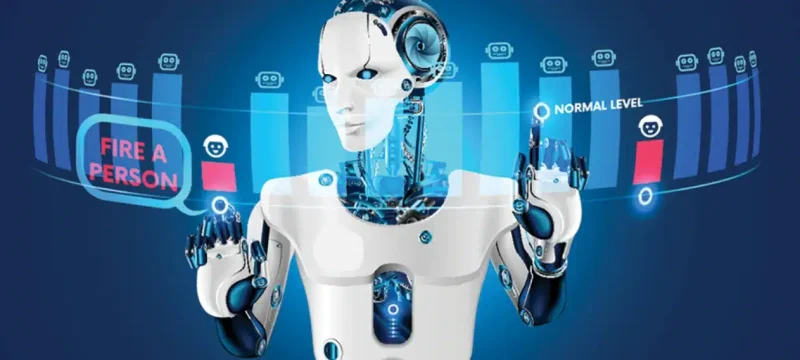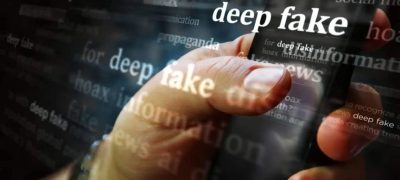The rise of artificial intelligence (AI) has brought significant changes to various industries, leading to concerns about job security. One such case involves Dean Meadowcroft, who was employed as a copywriter in a small marketing department. His responsibilities included crafting press releases, social media posts, and other content for his company. However, the introduction of an AI system by his firm changed the dynamics of his job.
Read More: Marvel Faces Backlash for Utilizing AI in Creating Artwork for Secret Invasion Show
Initially, the AI system was meant to work alongside human copywriters to enhance efficiency and streamline the process. However, Meadowcroft was unimpressed with the AI’s output. He found that the content produced by the AI lacked uniqueness and made everyone sound generic and indistinguishable. Additionally, human staff still had to review the content to ensure it was not plagiarized. Despite these limitations, the AI was exceptionally fast, completing tasks that would take a human copywriter 60 to 90 minutes in just 10 minutes or less.
Approximately four months after the AI system was implemented, Meadowcroft and his four-person team were laid off. Although he cannot be certain, Meadowcroft strongly believes that the AI system was responsible for their replacement. He admits that he initially dismissed the idea of AI replacing writers or affecting his own job, but the reality hit him unexpectedly.
The introduction of OpenAI’s ChatGPT, a conversational AI model capable of generating human-like responses and creating various forms of content, marked a significant milestone in AI development. Tech giants like Google are also striving to launch their own AI systems, such as Google’s Bard. These systems are trained on vast amounts of internet data, which would be impossible for a team of humans to process comprehensively.
As AI technology advances, concerns about job displacement grow. The potential impact on various occupations remains uncertain. Workers in roles that involve repetitive or routine tasks, such as data entry or basic writing, may be more vulnerable to AI automation. However, AI is still far from perfect and lacks the creative and intuitive capabilities that humans possess. Jobs that require critical thinking, complex problem-solving, and emotional intelligence are less likely to be completely replaced by AI.
The future of work in the age of AI raises important questions about how industries and individuals can adapt. It emphasizes the need for upskilling and reskilling to remain relevant in a rapidly evolving job market. While AI can augment human capabilities and increase efficiency, it is crucial to find a balance that ensures both technological advancement and job security for workers.









